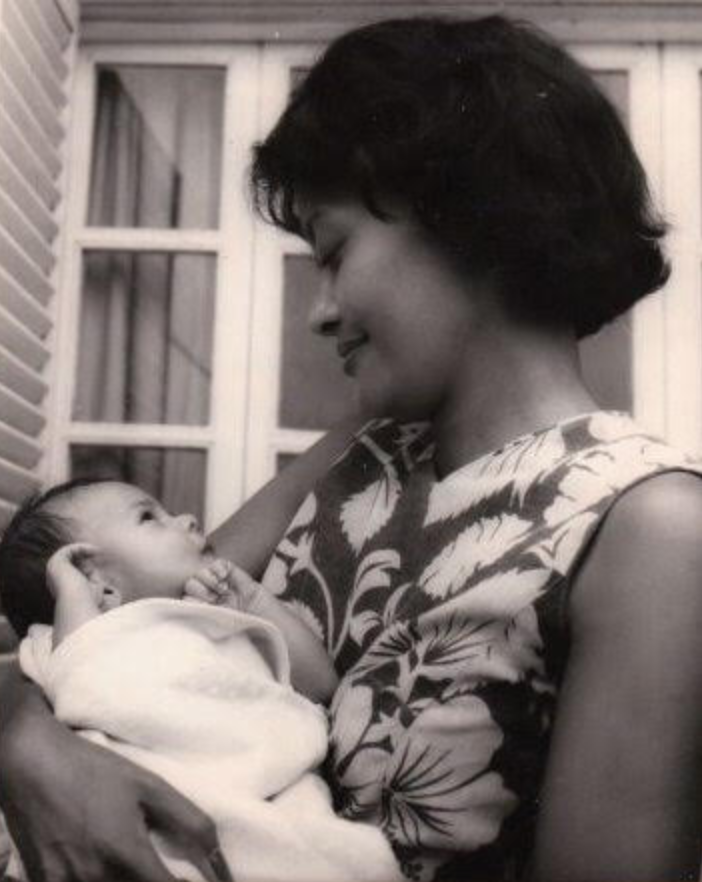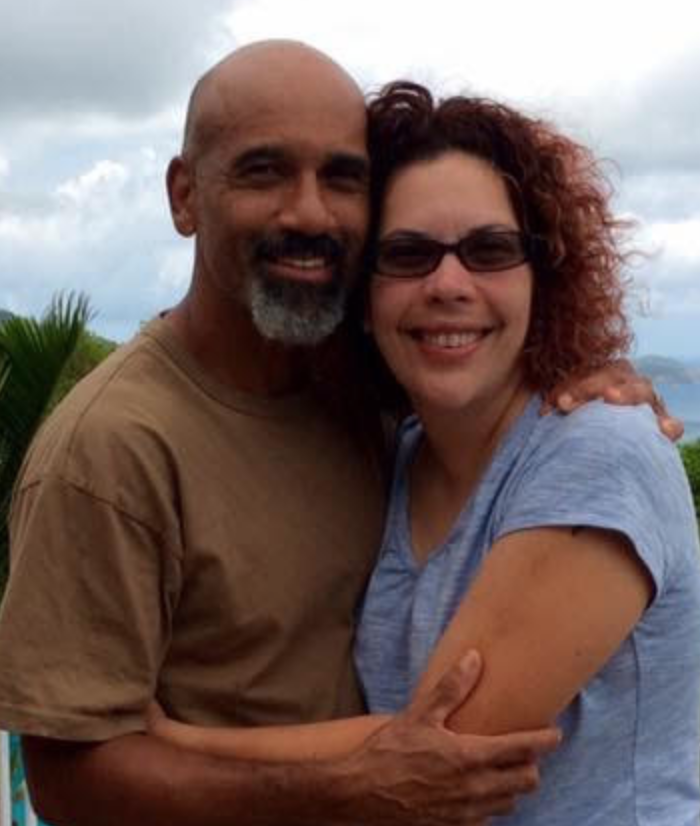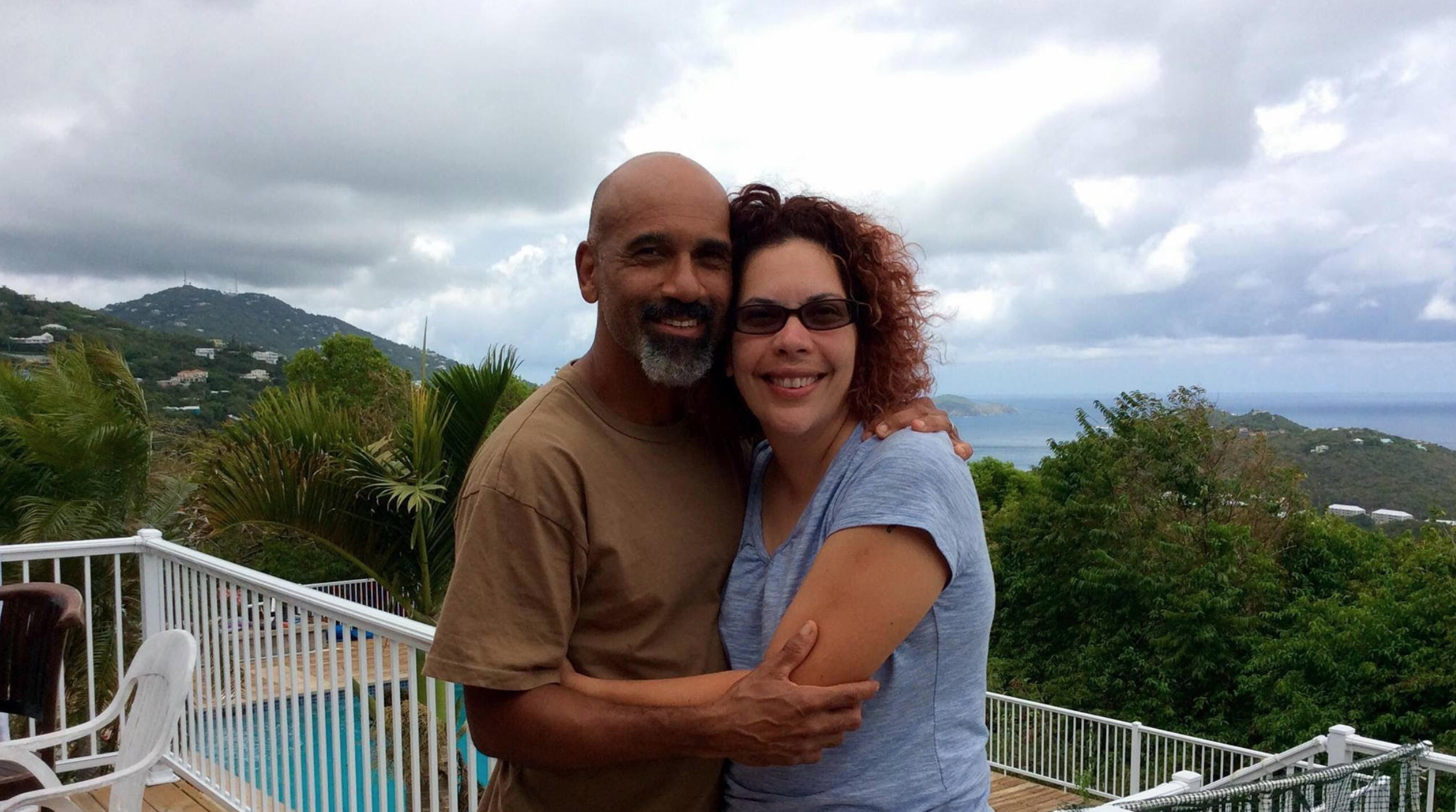By guest writer, Sarah Ratliff
We’ve all had them, although we may call them by different names: epiphanies, eureka and aha moments, revelations, moments of truth or clarity—those defining moments when the light bulbs went on. Not only do things make more sense, they influence what we say and do from that point forward … until some undeniable truth takes its place.
I had several aha moments over the summer of 1977. I was 11 years old. My parents sent me to live with good friends of ours in Wisconsin. I had such an amazing time hanging out with two of Mike and Norma’s three daughters (their oldest daughter was married and out of the house, and their son was with relatives in England).
We shopped, talked about boys, and they taught me how to apply makeup. Everything we did was so much cooler than hanging out with my two older brothers.
Norma was a loner, which I understood because my mom was the same. Mike was definitely not a loner (he still isn’t). He was fun and funny! Each night after we all ate dinner together, Mike and I would hang out in the family room, which was so foreign to me, because at home I was most often alone.
He played his banjo, sang funny songs, told me stories about his childhood and his kids’ childhoods. By just being him, he got me to feel safe and protected—a feeling unknown to me in my own home. Mike related to me in a way neither of my parents ever did. It was a nice contrast from my father’s frequent trigger hand and my mother’s drinking that usually ended with her telling me I was fat, ugly and stupid. I had such a good time with Mike and Norma’s family, I didn’t want to go back home. But eventually I did. When I returned from the best summer of my life, my parents revealed why they had sent me away.
My father had moved out of our Manhattan apartment while I was away. Anticipating I’d be sad, they prepared a speech that was supposed to convince me it had nothing to do with me. But I didn’t care. I wanted to go back to live with Mike and Norma, and on top of that, I was relieved my father and his trigger hand were out of my life for good. I rarely saw him after he moved.

After that summer everything was crystal clear. I spent the next six years trying to make the best of a crappy situation. My mother’s drinking escalated after my father moved out. And with more alcohol in her, her vitriol toward me became more sharp and focused. I was 15 when she blamed me for ruining her marriage.
I knew I wasn’t responsible for either of my parents’ problems—beyond the fact that parenting has a way of shining a spotlight on every defect a person has—or the demise of their marriage. I also knew, if I hadn’t learned how to start a life without them, I would turn out just like them. How had I known that? Both my brothers (three and fours years older than I) had already taken up heavy drinking. One of them was already abusive toward women.
By the time I turned 17, light bulbs were going on on a daily basis. My mother’s best friend and my godmother convinced me to defer college for a year and instead start therapy.
While in therapy, I was diagnosed with PTSD and a panic disorder. Although I had accepted how crappy things were growing up, I couldn’t wallow. I learned how to push it away so I could focus on school, getting out of the house and living on my own.
Men With Mean Mothers Need Not Apply
Barbara and I spent the next seven years working through the damage of each traumatic childhood experience. We dismantled me, so we could put me back together—like resetting broken bones that healed incorrectly. Barbara feared I would subconsciously seek out someone whose mother treated me the same way my mother treated me—with or without the alcohol. What else would I have known?
Although I had a realistic view of my parents, I still sought approval from my mother. I was able to write off my father because he was an abusive asshole, but I struggled to do the same with my mother. I knew people didn’t choose to be alcoholics, so despite how incredibly cruel my mother’s tongue was, I believed underneath that mean and functional drinker exterior was a scared and depressed woman. If she stopped drinking, I believed we could have the mother-daughter relationship I yearned for.
While in therapy, I had three pretty serious relationships. All of my boyfriends were within months of each other in age and very similar in personality: nerdy engineers who rarely raised their voices, and they didn’t drink. The first one’s mother hated me on sight. Like my mother, I never knew why. That was enough to end things. The second one’s parents didn’t speak English, and I had very little hope of learning Mandarin or Cantonese. The third one’s mother was nice, but her form of letting me know she wanted me in the family was to feel my belly every chance she got while asking, “When will you have babies?” It was easier to break up with him than continue telling his mother I didn’t want kids.
Breaking Away
During year seven with Barbara I had a breakthrough. I was able to write my mother a letter. My intention wasn’t to tell her what a horrible mother she was but to acknowledge her drinking and the effect it had on her kids. I told her about the damage she and my father had done to us. I told her I forgave her but that I could no longer hope she would stop drinking … but if she did, I’d be there in a minute.
Barbara and I decided I was ready to go out in the world without an attendant. We both trusted me to meet the right guy with the nice mother who would treat me like a daughter.
My mother died in 1994 of a massive stroke. In the four years between leaving therapy and her dying we tried to mend things. I believe my mother did the best should could at trying. Although she never stopped drinking, I witnessed moments of genuine remorse. It was enough for me. It’s still enough for me.
The Gift My Mother-in-law Gave Me
In 1996 when I was 29, I met someone. He was nice, smart, funny and shy. And he was like an engineer.; he was an IT professional. I wasn’t sure what revelation I was on, but I had one. It told me he was the one. I could see myself married to him. I could see myself spending the rest of my life with him. His sisters were really nice and they welcomed me. I don’t believe in perfection, but he was perfect for me.
There was one minor problem: Both his parents were deceased. He lost his father to cancer only a few months before I met him. His mother had died from mixed connective tissue disorder (MCTD), which is part of a category of rheumatic overlap syndromes that includes polymyositis, scleroderma, rheumatoid arthritis and systemic lupus erythematosus.
It took doctors years to land on a diagnosis. His mother was misdiagnosed many times before finally deciding it was MCTD. Unfortunately, diagnosis came too late, and within months, she died. That was in 1987, when my husband was 25.
This wasn’t a deal breaker, obviously. Who doesn’t marry someone because his mother had died—no matter how much she needs a mother? When he talked about his mother he’d say, “She would have loved you” or “You would have loved her.” When he described her funeral, he said, “The church was packed. Everybody loved my mother.”
In the 23 years since I met my husband, I have found myself fantasizing more times than I can count about how things could have been with my mother-in-law, if only I’d known her. On my wedding day in 2001, two of her first cousins told me they know his mother would have been so proud of her son, and they both added, “She would have loved you. She was such a kind person who loved everyone.” Of course I’ll never know if she would have liked me (let alone loved me), but I also have no reason to believe she wouldn’t have.
If I met my mother-in-law in person I would thank her for raising such good kids. My husband and his sisters do everything to make me feel like I’m part of a family. It’s more than my own family ever showed me.

About Sarah Ratliff
Sarah Ratliff is a corporate America escapee turned eco-organic farmer, writer and published book author. She and her husband live in the interior of Puerto Rico on a farm they call Mayani Farms, named after one of their goats. Visit her at https://sarahratliff.com

Thank you, Sister Sarah for your story. It brought tears to my eyes near the end. All of what Paul said about her was what I knew, too. I wanted to be just like her when I grew up. She taught me how to love (tears are rolling down my checks as I write this). That’s the greatest gift anyone can give another. Love You, Syl
Oh Syl, thank you! This was beautiful to read. But you are just like her and so are Kathy and Paul. All three of you know exactly how to love and I’m pretty lucky to have married into your family.
Sometimes love means hugs and hearts and other times honesty and not coddling. You know how to love, believe me! <3
I love you so much! <3
What an inspirational story. When you meet a great man, you have his mother to thank for that.